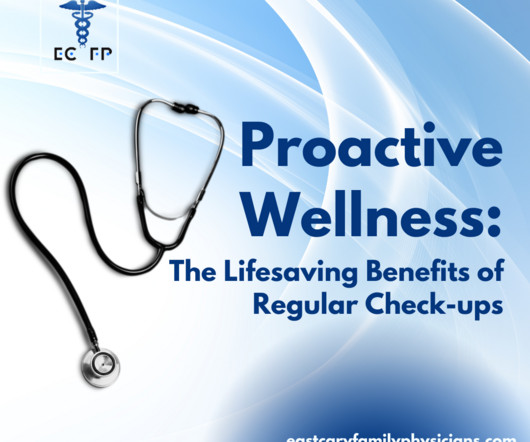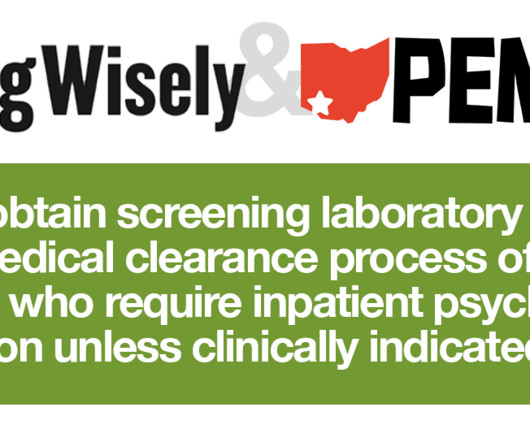How Mental Health & SUD Bias Impact ED Physical Care
Physician's Weekly
JUNE 19, 2025
Mental health and SUD bias impact the quality of ED care that patients with these conditions receive for physical health concerns, according to research. Many respondents described an abrupt shift in clinician demeanor—“dismissive,” “rushed,” or “unprofessional”—once their mental‑health history surfaced.















Let's personalize your content